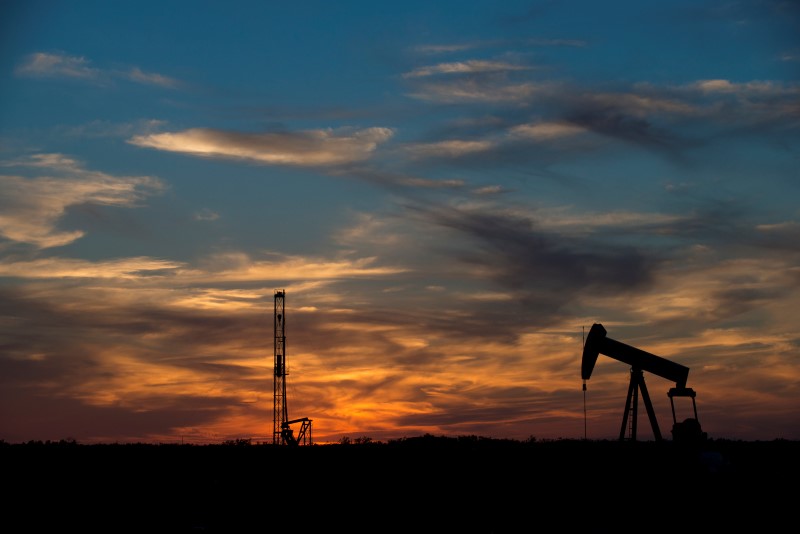OPEC+ sticks to plans to ease oil cuts
OPEC+ agreed to stick to the existing pace of gradually easing oil supply curbs, two OPEC+ sources said, as producers balanced expectations of a recovery in demand against a possible increase in Iranian supply

OPEC+ agreed to stick to the existing pace of gradually easing oil supply curbs, two OPEC+ sources said, as producers balanced expectations of a recovery in demand against a possible increase in Iranian supply.
The Organization of the Petroleum Exporting Countries and allies - known collectively as OPEC+ - decided in April to return 2.1 million barrels per day (bpd) of supply to the market during May to July as it anticipated demand would rise despite high numbers of coronavirus cases in India.
Since that decision, oil has extended its rally and has now gained more than 30% this year, although the prospect of more crude from Iran, as talks on reviving its nuclear deal make progress, has limited the upside for oil prices.
Brent crude hit $71 a barrel, its highest since March, on Tuesday.
OPEC Secretary General Mohammad Barkindo said he did not expect higher Iranian oil supply to cause problems.
"We anticipate that the expected return of Iranian production and exports to the global market will occur in an orderly and transparent fashion," he said in a statement.
Saudi Energy Minister Prince Abdulaziz bin Salman said he saw a good recovery in demand in the United States and China.
"The vaccine rollout has gathered pace with around 1.8 billion vaccines administered around the world ... This can only lead to further rebalancing of the global oil market," he said ahead of the main ministerial session.
OPEC+ experts confirmed earlier forecasts for a sizeable, 6 million bpd jump in oil demand in 2021 as the world recovers from the COVID-19 pandemic, OPEC+ sources said.
OPEC+ cut output by a record 9.7 million bpd last year as demand collapsed when the COVID-19 pandemic first struck. As of July, the curbs still in place will stand at 5.8 million bpd.